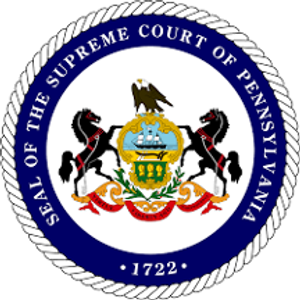Federal Appeals Court Denies Reconsideration of Dylann Roof Appeal
Sep 24, 2021
In a one-page order on September 24, 2021, a panel of the U.S. Court of Appeals for the Fourth Circuit denied federal death-row prisoner Dylann Roof’s motion seeking to reargue his appeal in front of the full circuit. On August 25, 2021, a special panel of judges from outside the circuit affirmed Roof’s convictions and death sentences for the racially motivated murders of nine parishioners in an historic Charleston, South Carolina…
Florida Supreme Court Denies James Dailey’s Innocence Challenge to His Conviction and Death Sentence
Sep 23, 2021
Calling his evidence of innocence either immaterial or inadmissible, the Florida Supreme Court on September 23, 2021 denied death-row prisoner James Dailey’s post-conviction challenge to his conviction for the 1985 murder of…
Alabama Federal Court Overturns Marcus Williams’ Death Sentence
Sep 23, 2021
The U.S. District Court for the Northern District of Alabama granted a new penalty hearing to death-row prisoner Marcus Williams on September 23, 2021, finding his counsel ineffective for failing to investigate and present“a constitutionally adequate mitigation case during the penalty phase…
Pennsylvania Court Denies Post-Conviction Relief to Death-Row Prisoner Albert Reid, Remands on Competency Issue
Sep 22, 2021
The Pennsylvania Supreme Court has, with one exception, affirmed a trial court ruling denying death-row prisoner Albert Reid’s post-conviction challenge to his conviction and death sentence. In a 5 – 2 decision issued on September 22, 2021, the court upheld the decision of the Franklin County Court of Common Pleas that dismissed Reid’s post-conviction petition. The court remanded the case on the question of Reid’s competency to stand…
Texas Court Halts Ruben Gutierrez Execution Pending Outcome of Supreme Court Case on Exercise of Religion in the Execution Chamber
Sep 16, 2021
At the request of Cameron County prosecutors, a Texas trial court has vacated the death warrant that had scheduled the execution of Ruben Gutierrez (pictured) for October…





